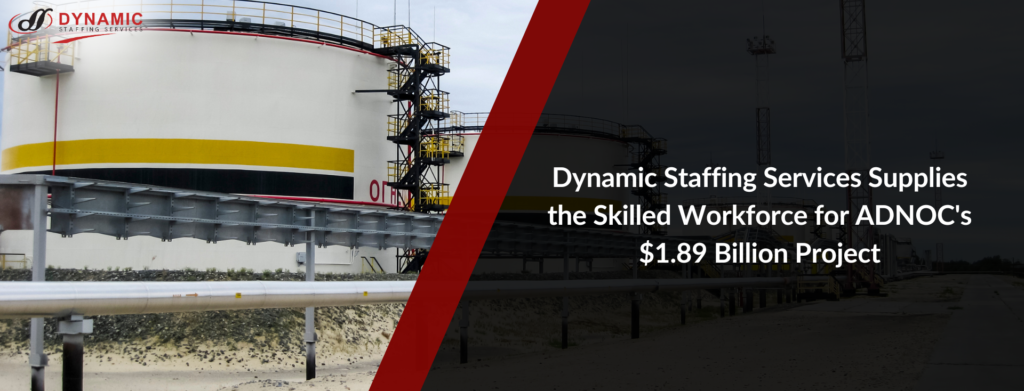With global yearly spending on products and services expected to reach over $11 trillion in 2019 and continued growth at a rate of 3% annually, the construction sector is among the biggest in the world. Still, according to recent research, it’s one of the least digitalized industries.
Building firms are planning to increase their investments in digital technology as they become more aware of its potential. This is the reason behind the projected nearly $29 billion growth in the construction 4.0 market, or the digital tech market inside the construction industry, by 2027.
In the context of the construction industry, what does digital transformation mean?
Leveraging digital technologies to improve functions and make them safer, more productive, and more efficient is the essence of digital transformation in the construction industry. At the field level of construction sites as well as at the management level of construction organisations, digital technologies can be implemented.
Advantages Of Digital Transformation In The Construction Sector
The following are additional ways that digital technologies can help the building industry:
By way of productivity: A McKinsey analysis revealed that over the previous 20 years, the construction industry’s global productivity growth averaged 1% annually, a relatively low rate when compared to other industries. Through the optimization of building environment design, planning, and administration, as well as other construction operations, digital technologies can significantly increase productivity.
Increasing security and reducing danger: A construction project involves several hazards. Digital technologies can help reduce those risks. Field workers, for example, can obtain vital information without endangering their lives by utilizing sophisticated equipment such as laser distance meters and scanners.
High-quality building: Digital technology can decrease human error in both design and construction engineering. It can produce accurate drawings and documentation and improve the building’s entire modeling process.
Increased collaboration: Moreover, a shared data environment made possible by digital transformation helps provide improved communication and efficiency between suppliers and subcontractors in the building supply chain.
Additional Read: Changes in the UAE Entry Rules.
What are the Obstacles?
The building industry has been somewhat slow to adopt digital technology in recent years. To be sure, it’s not a simple undertaking; construction, like any other industry, faces a number of obstacles that prevent the industry from becoming fully digital.
The following are these obstacles:
Scarcity in relation to alignment: A building firm then collaborates with a multitude of medium-sized and small-sized suppliers and contractors. Because the contracts in this case are frequently short and there is a real mismatch in the motivations of both parties, implementing digital technology becomes problematic. In addition, suppliers typically operate on tight margins and cannot afford the expense of sophisticated technologies, so even the price may play a role.
Advice on this: It is advantageous in the short and long terms to work with suppliers who are active on the digital front. In the process of digital transformation, one might also include vendors and long-term providers. Digital needs should be taken into consideration while choosing a provider for short-term supply.
Distinct projects: Unique construction projects frequently require specialized design and implementation strategies. Executing costly digital technologies and customizing them for the project can be quite difficult as a result. However, long-term initiatives that continue for several years are exempt from this difficulty.
Advice on this: It is important to work with a provider that offers the amount of customization required if you want to use such cost-effective and customizable digital solutions in your construction company. Currently, available digital solutions are offered at competitive pricing in the market.
Inadequate data handling: Evidently, the building sector has long been engaged in subpar data collection and management practices. In 2020, the worldwide construction industry lost around $1.85 trillion due to inadequate data strategies, according to a report. The implementation of digital solutions in the industry may be hampered by inadequate data management, as the execution of any digital technology in a business requires a substantial volume of data.
Advice on this: One potential solution to this problem is to integrate applications used by vendors and subcontractors for data recording, as well as to establish more digital data management approaches at the operational and management levels.
Problems with employee training: Prior to using any kind of technology in any kind of business, people must be brought on board. The adoption of new technologies is met with opposition in the construction industry, which continues to rely on its aging workforce. To enable employees to exploit new digital technology, training can be a challenging task.
Advice on this: Making the workforce’s transition from manual to digital solutions easier would be achieved by utilizing low- or no-code software. One such method of transitioning is to provide sufficient digital training to keep staff members.
Which leading technologies are assisting the construction industry’s digital transformation?
- Using historical big data to uncover patterns and possibilities related to risk can elevate the level of safety in building projects.
- Large data sets appear to have other applications, such as predicting traffic patterns, weather, and the best atmosphere for increased project productivity.
- Technology utilizing artificial intelligence can also be applied to improve architectural designs and extend the life of the structure.
- To boost efficiency, repetitive processes can be automated with the help of artificial intelligence.
- It is possible to monitor job progress and identify key concerns with the use of machine learning.
- Smart machinery is capable of self-maintenance through the Internet of Things (IoT). If a cement mixer notices that the cement level is low, it can immediately order more cement.
- In addition, geolocation can be used to pinpoint hazardous regions and alert personnel before they enter them.
- Recycling waste at a building site and lowering the site’s overall carbon footprint can be achieved by utilizing IoT-led smart devices like sensors and tracking systems.
- Building information modeling (BIM): BIM is an intelligent modeling tool that can serve as an aid for real-time project reviews and can strengthen collaborations between architects, engineers, and other construction specialists.
- The purpose of this phase of planning is to minimize human error and departmental conflicts during the construction process.
- Augmented reality: AR and VR technology can aid in precise and quick simulation for structural and architectural planning.
- In the construction process, it can also facilitate risk mitigation.
- Cloud technology’s ability to handle and retain operational data more effectively can greatly benefit the building value chain’s subcontractors and suppliers.
- It may also facilitate the closing of data gaps that impede progress and create issues with the implementation of novel digital solutions.
To sum up, the construction sector is changing thanks to digital transformation, which also allows businesses to increase productivity, efficiency, and safety. Finding and hiring the best individuals to support construction organizations’ digital transformation initiatives is a vital role that Dynamic Staffing Services plays.
By utilizing our industry knowledge and experience, we can assist construction companies in remaining competitive and prospering in the digital era. If you are a construction company looking to modernize your operations and embrace digital transformation, consider partnering with us to find the talent you need to succeed. For more details, call us at +91-11-40410000 or email enquiry@dss-hr.com.
If you are looking for employees or employers globally, contact us today: Dynamic Staffing Services.





